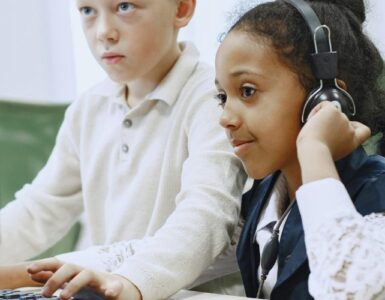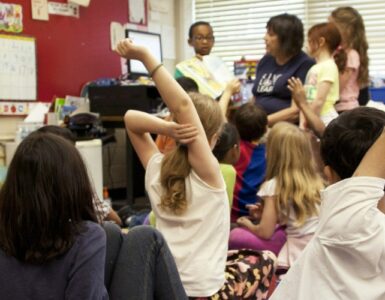In a world where job markets and learning environments are constantly evolving, there’s a new wave rolling into K-12 classrooms—and it’s all about soft skills. From learning how to work in a team to managing emotions and resolving conflicts, students are now being equipped not just with knowledge, but with the life tools to use it. Here’s how and why this shift is changing education for the better.
The New Literacy: Emotional and Social Intelligence
The old-school approach that prioritized test scores over everything is giving way to something more human. Educators are now recognizing that academic knowledge without emotional intelligence leaves a gap. Teaching students how to handle setbacks, motivate themselves, and empathize with peers is proving to be just as crucial as solving equations or writing essays.
Soft Skills Surge: A Trend Driven by Demand
Interest in soft skills has skyrocketed over the past five years, and it’s not just in the job market. Schools are feeling the pressure too. As life skills like communication and teamwork climb the charts of what future-ready students need, educators are adapting fast. Think of it as the classroom version of a software update—less rote learning, more real-world application.
Skill Gaps Start Early—So Should the Solutions
Employers often talk about gaps in communication and teamwork, but those gaps don’t appear out of nowhere. They often trace back to early education. That’s why schools are beginning to integrate collaborative group projects, peer mentoring, and even conflict resolution workshops into their everyday teaching. It’s about planting the seeds of social competence early, not patching it up later.
Rethinking the Report Card
Some schools are flipping the grading game entirely. Instead of evaluating students purely on academic mastery, there’s growing interest in assessing effort, participation, determination, and even emotional growth. Imagine getting points for your ability to lead a group project or resolve a disagreement peacefully—because, in today’s world, those skills matter.
Virtual Classrooms, Real-Life Skills
With tech now a classroom staple, some schools are taking it a step further—using interactive simulations to teach kids how to navigate tricky social scenarios. Whether it’s handling peer pressure or giving constructive feedback, these role-play environments give students a safe space to practice before they face the real deal.
Building the Future, One Soft Skill at a Time
It’s clear: the future of education lies in a balanced blend of knowledge and character. Schools that prioritize soft skills alongside academics are setting students up not just to pass exams, but to succeed in life. Whether it’s leadership, empathy, or collaboration, these are the skills that will help the next generation thrive.








